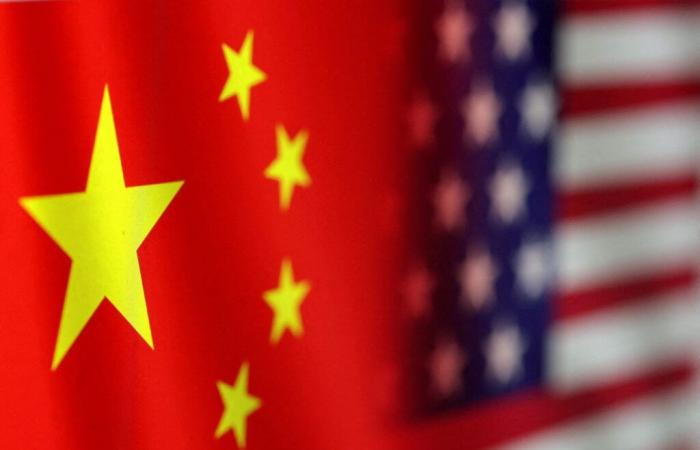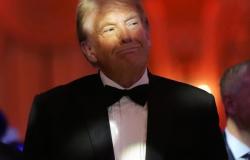
In an acute escalation of geopolitical tensions, China announced sanctions against 13 companies linked to the US military, in response to Washington’s recent $385 million arms sale to Taiwan. The move, revealed by China’s Foreign Ministry on Thursday, underscores Beijing’s growing frustration with U.S. support for Taiwan, a territory China considers its own.
Targeted reaction: Companies and leaders in the crosshairs
The sanctions list includes leading defense and technology companies, such as Teledyne Brown Engineering, BRINC Drones et Shield AIas well as a multitude of others like Rapid Flight LLC et Kratos Unmanned Aerial Systems. Additionally, China has frozen the assets of six executives of major players such as Raytheon, BAE Systems et United Technologiesprohibiting them from entering the territory and prohibiting Chinese entities from dealing with them.
Beijing’s countermeasures highlight a strategic focus on weakening businesses linked to U.S. defense capabilities, particularly those supporting Taiwan’s military infrastructure.
Beijing’s position on Taiwan: No compromise
China’s retaliatory action comes after the United States authorized spare parts and radar systems for Taiwan’s F-16 jets. Beijing has consistently condemned such arms sales, accusing Washington of violating the “One China” policy and undermining Chinese sovereignty.
In a strongly worded statement, the Chinese Foreign Ministry reiterated its position: “Taiwan is an inalienable part of China. We resolutely oppose any form of military or official interaction between the United States and Taiwanese authorities. This arms sale seriously undermines peace and stability across the Taiwan Strait.”
A Blow to Sino-American Relations
The sanctions come in a context of increased diplomatic tensions following the transit of Taiwanese President Lai Ching-te through American territory, an act that Beijing denounces as encouragement to Taiwanese separatist movements.
“President Lai is a dangerous separatist, and any foreign interaction with the Taiwanese leadership is an attack on China’s sovereignty,” the ministry said.
Economic and Diplomatic Repercussions
By targeting these companies, China is not only disrupting their operations in its market, but also sending a broader message about the consequences of engaging in arms sales with Taiwan. Affected companies face restrictions on Chinese partnerships, which could harm their global operations and revenue.
These sanctions also serve as a symbolic warning to other nations considering arms sales or political engagement with Taiwan. The measures could complicate diplomatic and trade relations, as the United States must now navigate the dual challenges of supporting Taiwan while managing its economic ties with China.
The big picture
Beijing’s latest action escalates an already tense relationship between the United States and China, with implications extending beyond defense to the global economic and diplomatic realms. As the Taiwan Strait becomes an increasingly volatile point of tension, the world is watching to see how the United States will respond.
This escalating retaliation raises the stakes in the delicate balance of power in East Asia, with Taiwan caught at the center of an intensifying great-power rivalry. For Washington, the challenge remains clear: how to maintain its commitments to Taiwan without triggering new economic and military retaliations from Beijing.





